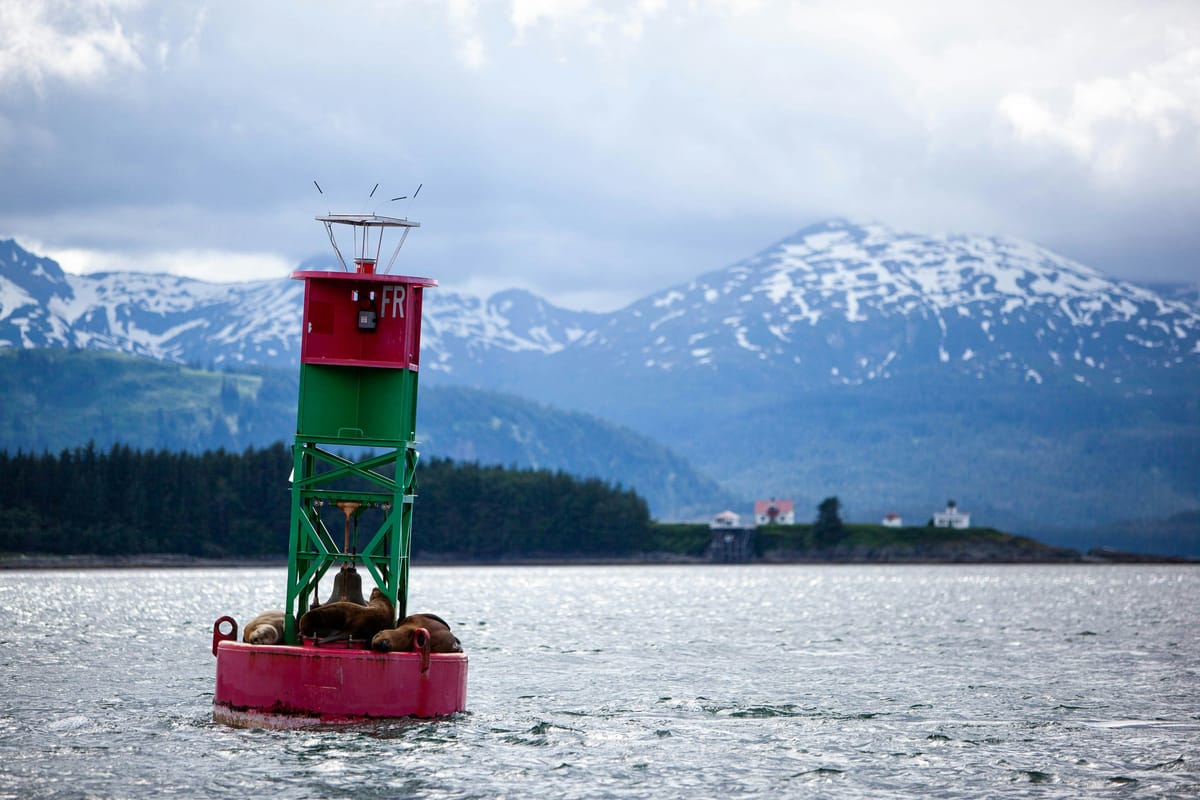Bootlegging Case in Alaska Clarifies Excessive Fines Clause

FAIRBANKS, Alaska — The Alaska Supreme Court has ruled that the state did not violate the U.S. Constitution when it seized a small aircraft used to smuggle beer into a dry village, ending a 13-year legal battle that tested the limits of the Excessive Fines Clause.
The case centers around Kenneth Jouppi, a Fairbanks-based pilot and owner of KenAir, LLC, who was convicted of misdemeanor bootlegging after helping load 72 cans of beer onto his Cessna 206 in 2012. The alcohol was destined for Beaver, an Interior Alaska community that prohibits the sale, import, and possession of alcohol.
Alaska State Troopers intercepted the plane before it left the airport. Although the courts never determined whether Jouppi knew about all of the alcohol, the presence of a visible six-pack in a plastic bag led to a conviction. Jouppi was sentenced to three days in jail, fined $1,500, and placed on probation for three years.
Court Battle Over Aircraft
Initially, the trial court ruled against the state's attempt to seize the $95,000 aircraft, stating the punishment was not authorized under state law. The Alaska Court of Appeals reversed that decision, sending the case back for reconsideration. A second round of appeals followed, this time focusing on constitutional issues.
Jouppi’s legal team argued that taking the plane amounted to an excessive fine under the Eighth Amendment. But the Alaska Supreme Court disagreed.
“Forfeiture of the airplane constituted a fine within the meaning of the Excessive Fines Clause, and … the forfeiture is not grossly disproportional to the gravity of the harm caused by the offense,” Justice Jude Pate wrote in the court’s unanimous opinion.
Alcohol’s Impact Cited
In the ruling issued Friday, the court highlighted the serious consequences of alcohol abuse in rural Alaska, including increased crime, health problems, and even death. It emphasized that aircraft-based smuggling presents a heightened threat, and that lawmakers have long supported strict penalties for such offenses.
“Within this context, it is clear that the illegal importation of even a six-pack of beer causes grave societal harm,” the ruling said.
Appeal to the U.S. Supreme Court Considered
Jouppi’s attorney, Robert John, said the legal fight might not be over.
“The odds are good that we're gonna be seeking review in the United States Supreme Court,” John said in an interview. “We gotta muster our resources and proceed forward.”
Although the U.S. Supreme Court accepts only a small fraction of petitions, John's statement suggests the defense will argue that the Alaska ruling misinterprets federal precedent.
Next Steps Unclear
The Alaska Supreme Court’s decision sends the case back to the Court of Appeals for further proceedings. The future of the seized aircraft, as well as the reasons behind the state’s long pursuit of the case, remain unresolved. KenAir was dissolved in 2014, and Jouppi has since retired from flying.
Officials from the Alaska Department of Law have not commented on the state’s next moves.
